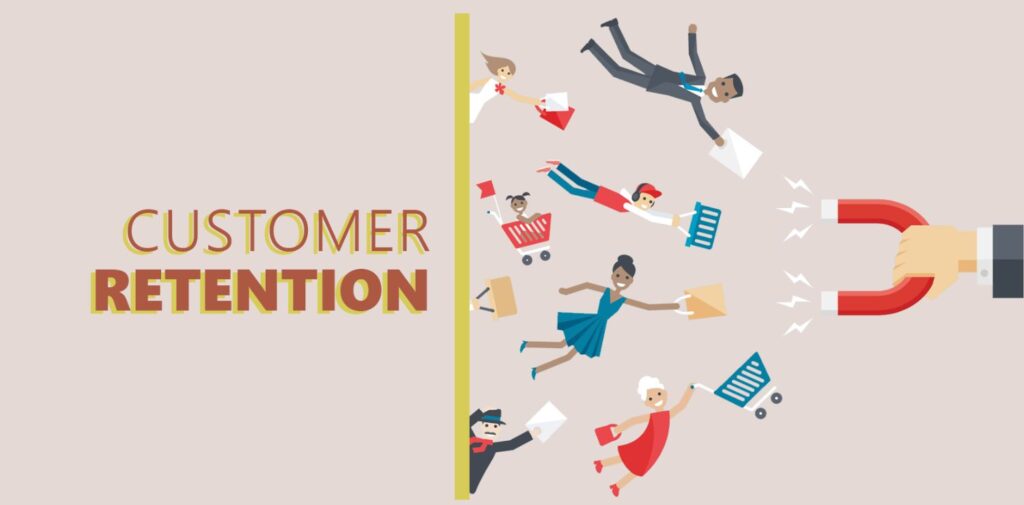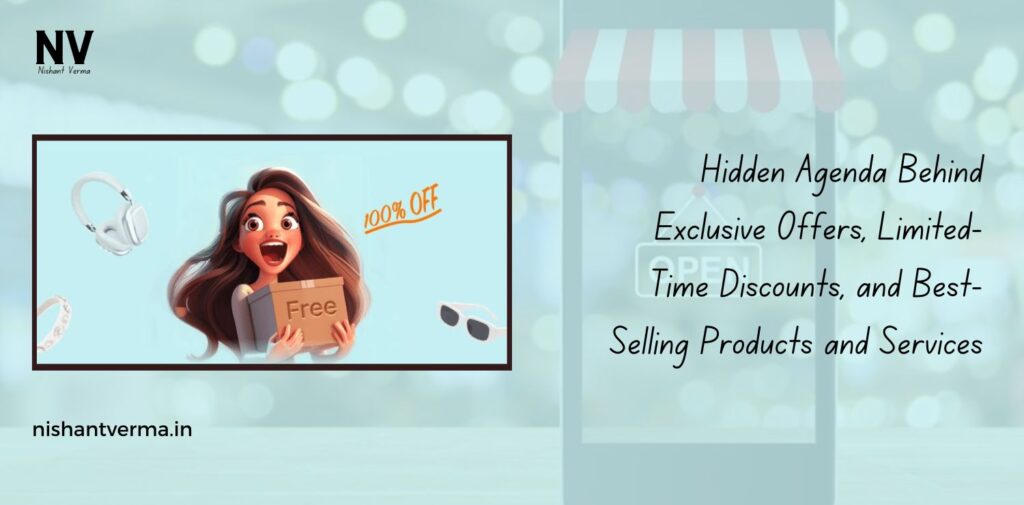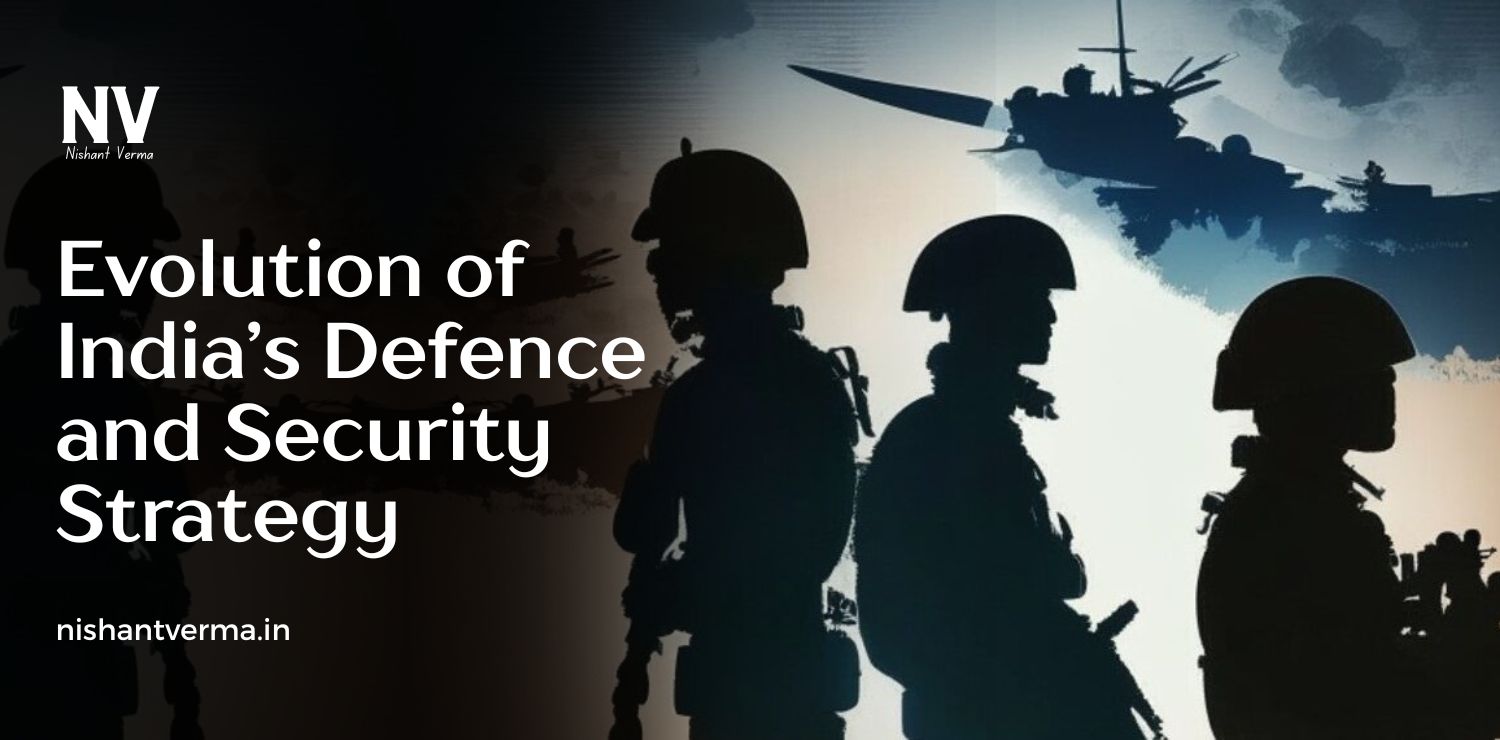In the world of shopping, especially in India, we are constantly bombarded with exciting advertisements, catchy slogans, and limited-time offers. The words “exclusive offer,” “Limited-Time Discounts,” and “Best-Selling Products and Services” have become part of the everyday shopping experience. They promise a great deal, often pushing us to grab the products immediately. But, have you ever wondered why these offers are so effective? What’s the real motive behind these strategies? Is there something more than just giving us a good deal?
In this article, we will explore the hidden agenda behind exclusive offers, limited-time discounts, and best-selling products and services, with a particular focus on how these strategies are designed to influence your purchasing decisions and why they work so well in the Indian market.
Creating a Sense of Urgency and FOMO (Fear of Missing Out)
One of the most powerful tools in marketing is the concept of urgency. Words like “limited-time offer,” “only a few items left,” and “hurry, before it’s gone!” trigger a fear of missing out (FOMO) in consumers. FOMO is a psychological phenomenon that makes people want to act quickly because they fear that they might lose out on something valuable.
Indian shoppers, just like consumers worldwide, are driven by the idea that they might miss out on a good deal. Imagine walking into a store or browsing an online platform, and you see that a product is available at a 50% discount – but the offer is only valid for the next few hours. This creates an instant rush to buy. People tend to make impulsive decisions without properly evaluating the product or its actual need, just because they don’t want to lose out on the offer.
This strategy is commonly used in Indian festivals like Diwali, New Year, and the Great Indian Sale on platforms like Amazon and Flipkart. The “limited-time” nature of these offers makes people act faster, often buying products they don’t necessarily need, simply because they believe the offer is too good to ignore.

Exclusivity Makes You Feel Special
The term “exclusive offer” is often used to make the customer feel special and valued. When businesses label an offer as “exclusive,” it gives the impression that only a select group of people have access to the offer. This exclusivity is especially attractive in a culture like India, where status and being part of an exclusive group can hold significant value.
For example, many online platforms offer special deals to credit card users or members of their loyalty programs. These deals make customers feel privileged and important. By offering discounts to a select few, businesses make their customers feel like they are part of an elite group, which in turn increases customer loyalty.
Moreover, the concept of “exclusive offers” often plays into the Indian consumer’s love for scarcity. When people believe something is rare or only available to a few, they place higher value on it. This idea pushes them to make quicker decisions, sometimes even without considering if the deal is the best option for them.
Creating Perceived Value
The use of terms like “best-selling product” is a powerful marketing strategy. When a product is labeled as “best-selling,” it gives the impression that it is of high quality, and everyone else is purchasing it. In the Indian market, where recommendations and word-of-mouth play a big role in decision-making, people are often more likely to buy a product that is labeled as “best-selling” because they believe that others have trusted it, and therefore it must be good.
This is a simple psychological trick known as “social proof.” When consumers see that others are buying a product, they tend to follow suit, believing that the product is popular for a reason. In India, people often rely on the opinions of others, especially in the case of high-involvement products like smartphones, electronics, and even services like insurance and education.
Retailers and service providers know that by labeling a product as “best-selling,” they create the perception of value. People are more likely to spend money on something that they think others are buying, simply because it feels like a safe choice.

Pressure to Act Now (Psychological Pressure)
Limited-time discounts and exclusive offers often create a sense of pressure. Many times, retailers will show countdown timers or notify you that a deal is about to end. This psychological pressure encourages shoppers to act immediately, sometimes even when they’re not ready to make a purchase.
In India, where a lot of consumers are price-conscious, these limited-time offers play into the urge to get the best value for money. The fear of losing out on a good deal or paying more in the future pushes them to make decisions they wouldn’t have otherwise made.
For example, during the online sales, we often see “flash sales” on popular items like smartphones, televisions, or even grocery items. These flash sales have extremely limited quantities at a discounted price, and the ticking countdown timer adds to the anxiety. Customers might buy items in a rush, just to be able to say they “got the best deal.” However, many times, the urgency created in these situations doesn’t allow for a rational evaluation of the product.
Manipulating the Customer’s Buying Cycle
Exclusive offers and discounts are often strategically timed. Companies know that there are certain times in the year when people are more likely to spend, like the festive season (Diwali, Eid, etc.), New Year sales, and the back-to-school period. These discounts are not just random; they are timed to match with the customer’s buying cycle.
In India, festivals are a big part of the shopping culture. People plan their purchases around these festive times, making them the perfect opportunity for brands to offer irresistible deals. Retailers use these periods to push for higher sales, making customers feel that these are once-in-a-lifetime deals. This timing ensures that the customer is more likely to act on impulse and make purchases they might not have considered outside of these sales events.
Increasing Brand Loyalty and Customer Retention
Once a customer has taken advantage of an exclusive offer or discounted price, businesses aim to keep them engaged. This is why many offers are designed to build brand loyalty. After a customer buys a product during a limited-time discount, they are more likely to return for future purchases, believing that the brand offers great value.
Indian consumers often become repeat buyers when they feel they’ve received a good deal. Brands know that once they’ve established a loyal customer base, it’s easier to retain them through future offers or discounts. This loyalty can also extend to services, where companies offer regular deals, making customers feel connected to the brand and more likely to continue using it in the future.

Hidden Costs and Trade-offs
It’s important to remember that while these offers seem like great opportunities, there may be hidden costs. Often, the product might not be as good as it seems, or the discount might not be as big as advertised. Additionally, the push for quick decision-making can prevent consumers from comparing products or reading reviews.
For instance, while you may get a discount on an item, the product may not have the same quality or durability as one purchased at full price. Furthermore, sometimes the “best-selling” product is simply one that has been heavily marketed and pushed into the spotlight, rather than one that is truly the best in terms of value for money.
Conclusion: Hidden Agenda Behind Exclusive Offers
Exclusive offers, limited-time discounts, and the tag of “best-selling” are powerful marketing strategies used by businesses to boost their sales. These tactics work by tapping into our psychological triggers, such as the fear of missing out, the desire for exclusivity, and the need for social validation. While these deals often seem tempting, it’s important for consumers to be aware of the hidden agendas behind them and to make well-informed decisions.
In the Indian market, where shopping is often seen as an event tied to social and cultural traditions, these marketing tactics can be particularly effective. However, as a consumer, it’s essential to pause and evaluate whether the product or service truly meets your needs, and if the discount or offer is really worth it.
Next time you see a “limited-time offer,” take a moment to think: Is this deal truly in your best interest, or is it just a well-crafted strategy to get you to spend?




